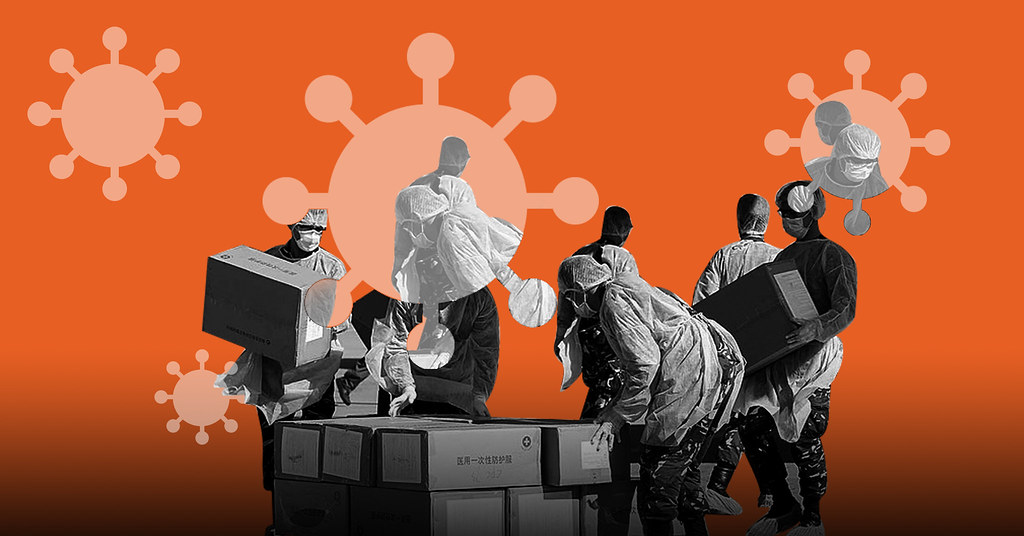The Cambodian Government’s new state of emergency law in response to the COVID-19 pandemic risks violating the right to privacy, silencing free speech and criminalising peaceful assembly, a UN expert said today.

“Emergency measures must be necessary and proportionate to the crisis they seek to address,” said Rhona Smith, the Special Rapporteur on the situation of human rights in Cambodia. “The broadly worded language on the protection of national security and public order, ostensibly aimed at addressing COVID-19, can potentially be used to infringe on the right to privacy and unnecessarily restrict freedoms of expression, association and peaceful assembly.”
The law grants extensive powers to the Government for an initial period of three months, including restrictions and bans on the distribution of information and measures for “monitor[ing] and surveillance, by all means”. It was adopted by the National Assembly on 10 April and expected to be endorsed by the Senate on 17 April. The Special Rapporteur said offences such as ‘obstruction’ or ‘staging an obstacle’ to government operations were open to interpretation and penalties of up to 10 years’ in prison and heavy fines were disproportionate.
“Penalties and fines should be commensurate to the seriousness of the offence committed, with consideration given to the individual’s economic situation. This is particularly relevant for people already jobless and/or unable to generate income because of the emergency measures,” Smith said.
Laws should focus on addressing public health needs while also protecting fundamental freedoms, the expert said. “Cambodian authorities should take active steps to ensure that everyone has equal access to adequate health services, and adopt special measures for individuals and groups in particular situations of vulnerability, including persons with underlying illnesses, persons with disabilities, older persons, persons in detention, the rural poor, indigenous peoples and ethnic minorities.”
Smith said the new law’s penalties and criminal responsibilities extended to legal entities could also include civil society and human rights organisations that already operate within a highly restrictive environment. “A state of emergency should be guided by human rights principles and should not, in any circumstances, be an excuse to quash dissent or disproportionately and negatively impact any other group,” said Smith.
“As Cambodia joins a growing number of States that have announced special measures to tackle the public health threat posed by the COVID-19 pandemic, it is imperative that human rights are at the centre of its response,” the Special Rapporteur said.
The Special Rapporteur has been in contact with the Government of Cambodia on the abovementioned issues.
Rhona Smith’s statement has been endorsed by Mr. Dainius Pūras, Special Rapporteur on the right to physical and mental health; Ms. Fionnuala D. Ní Aoláin, Special Rapporteur on the promotion and protection of human rights and fundamental freedoms while countering terrorism; Ms Agnès Callamard, Special Rapporteur on extrajudicial, summary or arbitrary executions; and the Working Group on Arbitrary Detention: Mr. José Antonio Guevara Bermúdez (Chair-Rapporteur),
Prachatai English is an independent, non-profit news outlet committed to covering underreported issues in Thailand, especially about democratization and human rights, despite pressure from the authorities. Your support will ensure that we stay a professional media source and be able to meet the challenges and deliver in-depth reporting.
• Simple steps to support Prachatai English
1. Bank transfer to account “โครงการหนังสือพิมพ์อินเทอร์เน็ต ประชาไท” or “Prachatai Online Newspaper” 091-0-21689-4, Krungthai Bank
2. Or, Transfer money via Paypal, to e-mail address: [email protected], please leave a comment on the transaction as “For Prachatai English”
